If you are wondering how to use dried herbs, then look no further. Here are the best tips for using dried herbs in all your recipes.
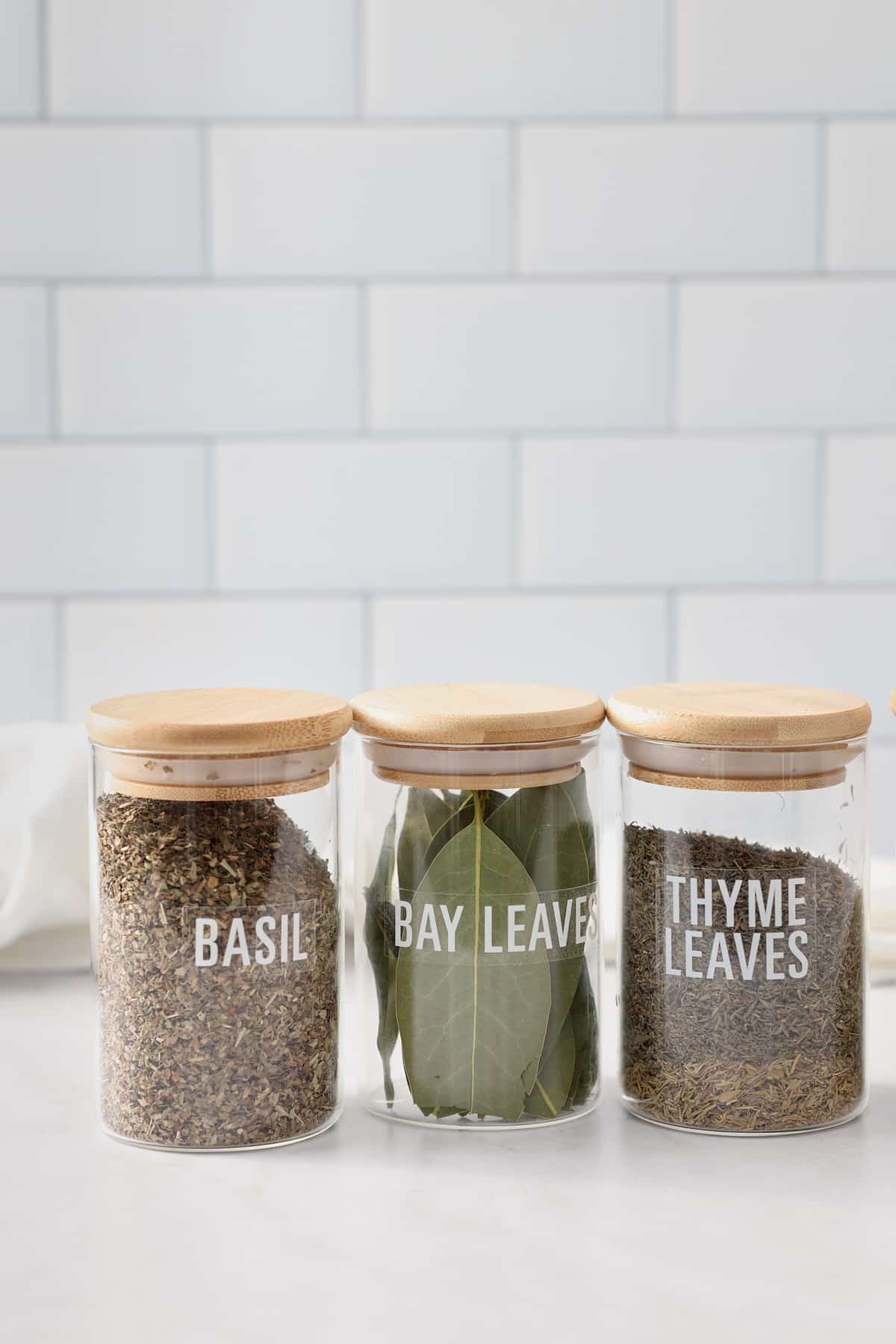
When it comes to herbs, it all boils down to personal preference. I love fresh herbs, but there would always be a space in my heart for dried herbs for cooking, especially for a pot of stew and other special meals!
Dried herbs are essential in any cooking space. They are budget-friendly ingredients that introduce a tasty flavor to suitable meals.
Dried herbs and fresh herbs indeed hold different flavors. They have a mucky and more savory flavor, not to mention that these herbs can be stored much longer than fresh herbs.
How to use Dried Herbs in Cooking
While cooking with dried herbs, you want to use a reduced quantity instead of what would have been used if the herbs were fresh. It means one tablespoon of fresh Rosemary will be substituted with one teaspoon of dried Rosemary. As a rule of thumb, always use ⅓ the quantity when replacing fresh herbs with dried herbs.
It's best to add fried herbs early in cooking. Dried herbs are at their best when they are rehydrated. Rehydrate your herbs by introducing them to your meal at the beginning stage of the cooking or the middle stage at most, giving the dried herb enough time to soak up the juices from the food and release flavor.
Utilize dried herbs in meals with a long to average cooking time and a suitable amount of liquids—meals such as soups, stew, pasta, and braises.
Dried herbs are the best choice when preparing smoked fish, smoked meats, or barbecued fish and meats. Make a nice spice coating for your proteins with the right dried herbs of your choice.
Bloom the herbs
Blooming the herbs is when dried herbs are quickly fried in a tiny amount of oil or butter to get a deep flavor. You can also bloom your herbs and spices together. It's primarily used for sauces, marinating, or dressings. Rather than spray dried basil on a pizza, cook it in a bit of oil and drizzle on top.
The Best Dried Herbs to use For Cooking
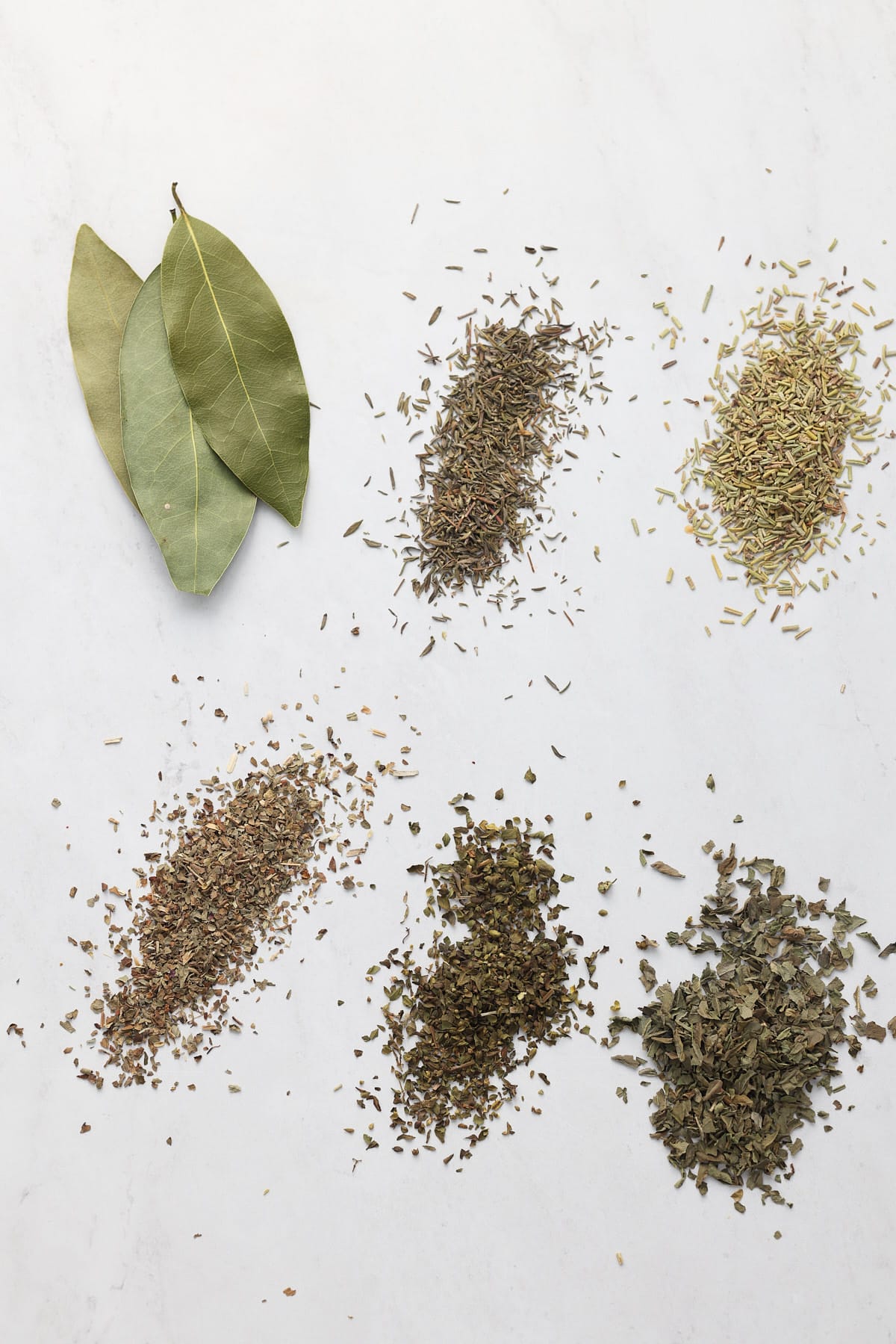
- Dried Oregano:
Dried oregano is an irreplaceable herb for Italian and Mexican dishes that require cheese and tomatoes. It has gained recognition and is deemed to be better dried than fresh.
It is a vital pizza topping, and it releases a beautiful flavor when used in chicken, beef, and meatballs.
- Dried Bay leaves:
Dried bay leaves are an essential dried herb that adds a subtle sweetness and aroma to pasta, rice, stews, soups, and meat stock. To get the best out of the bay leaf, split the dried leaves before tossing them into your meal.
It is also an excellent option for flavoring rice puddings and custards.
- Thyme:
Dried Thyme is a versatile herb used for various dishes, such as soups and stews. This herb also comes in handy in different seasoning proteins, including chicken, roast fish, boiled fish, beef, lamb meat, and meatballs.
Dried thyme has a unique flavor that it gives to each meal it is used.
- Lavender:
To get the best out of dried lavender, drop a small amount on a well-oiled fish and lamb meat, go ahead to fry or roast your proteins and be rewarded with a mouth-savoring taste. Dried lavender is also ideal as a flavoring for custard or ice cream.
- Rosemary:
Dried Rosemary releases its fragrance in slow-cooked meals, such as braises, lamb meals, Italian-style soup, and stews. You can use Rosemary at your discretion but take note to only use a little as it can be spikey and leafy in dishes. It is also used to stuff whole fish and chicken before getting fried or roasted.
- Dried Mint Leaves:
Dried mint leaves are famous for making a relaxing cup of tea. But they are also an excellent choice in seasoned butter for chicken, seasoning lambs, Greek dishes, and pea soup. Dried mint has a strong and distinctive taste. Note to use sparingly.
The Best Way to Store Dried Herbs
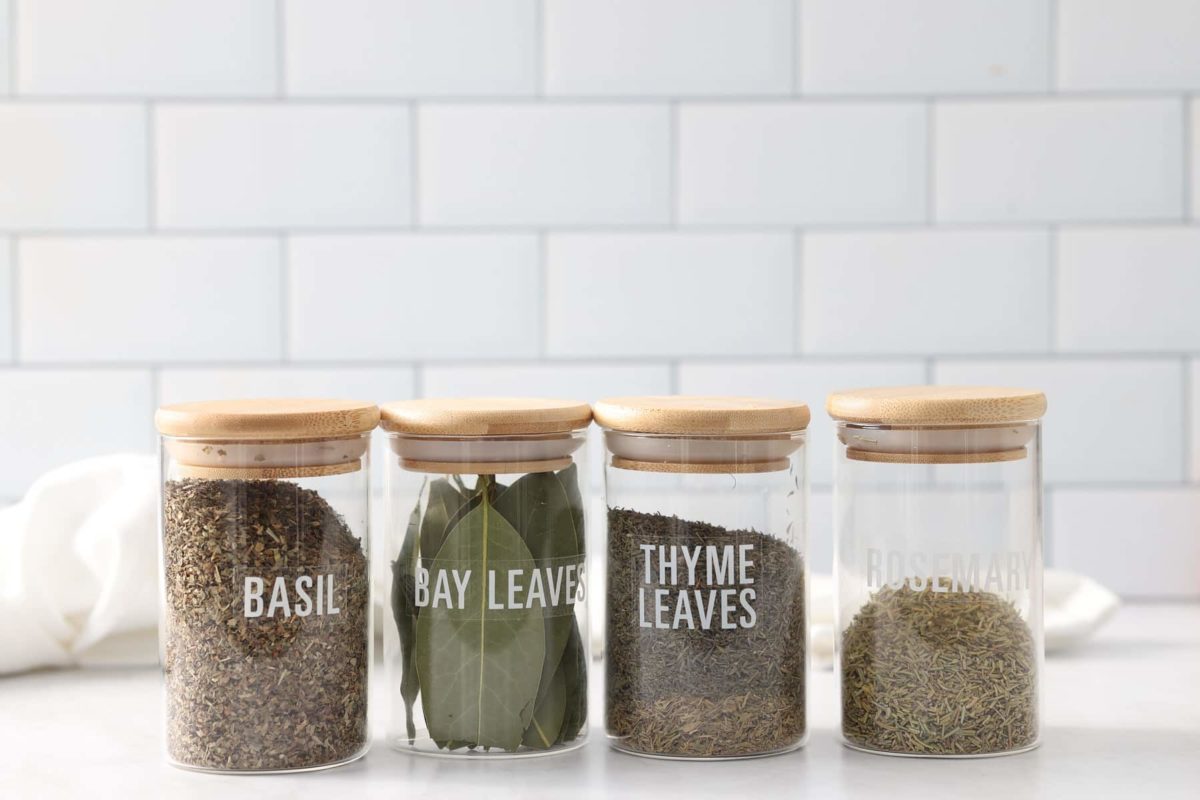
As you begin your collection of herbs, you want to ensure they are correctly stored for the highest efficiency and give off the desired taste.
- Store your herbs in a cool spot. You can keep them in kitchen cabinets that do not get sunlight. And away from the gas to prevent heat from getting to them. You can also store them in a freezer, but don't forget to label them.
- Keep them in an air and water-tight container or plastic bag. It prevents oxygen from entering the herbs and tainting their originality.
How Long do Dried Herbs Last?
Dried herbs have a longer lifespan than fresh ones. They generally last for 1-3 years, depending on the type of herb.
Herbs that last 1-3 years include:
- Bay leaves
- Oregano
- Thyme
- Sage
Herbs that last 2-3 years are mostly ground herbs which include:
- Seasoning blends
- Garlic powder
- Chili powder
- Ground turmeric

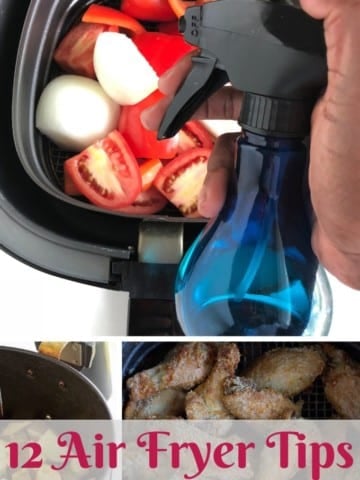
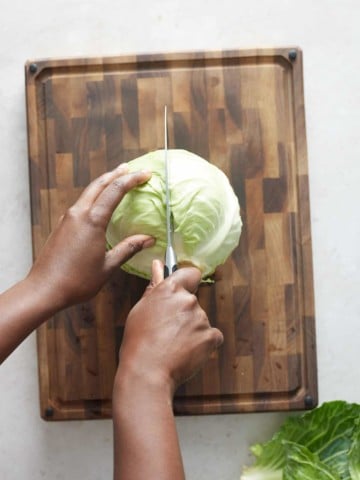
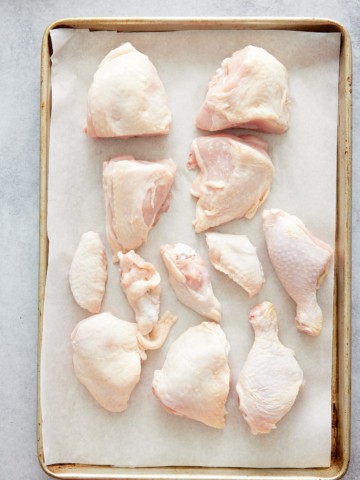
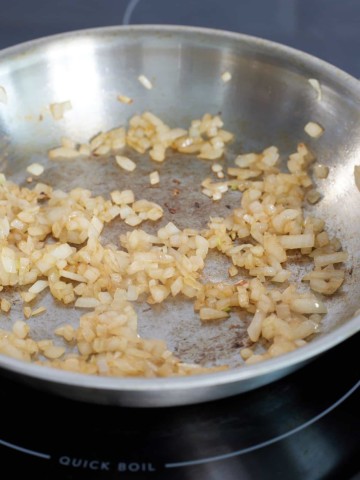
Leave a Reply